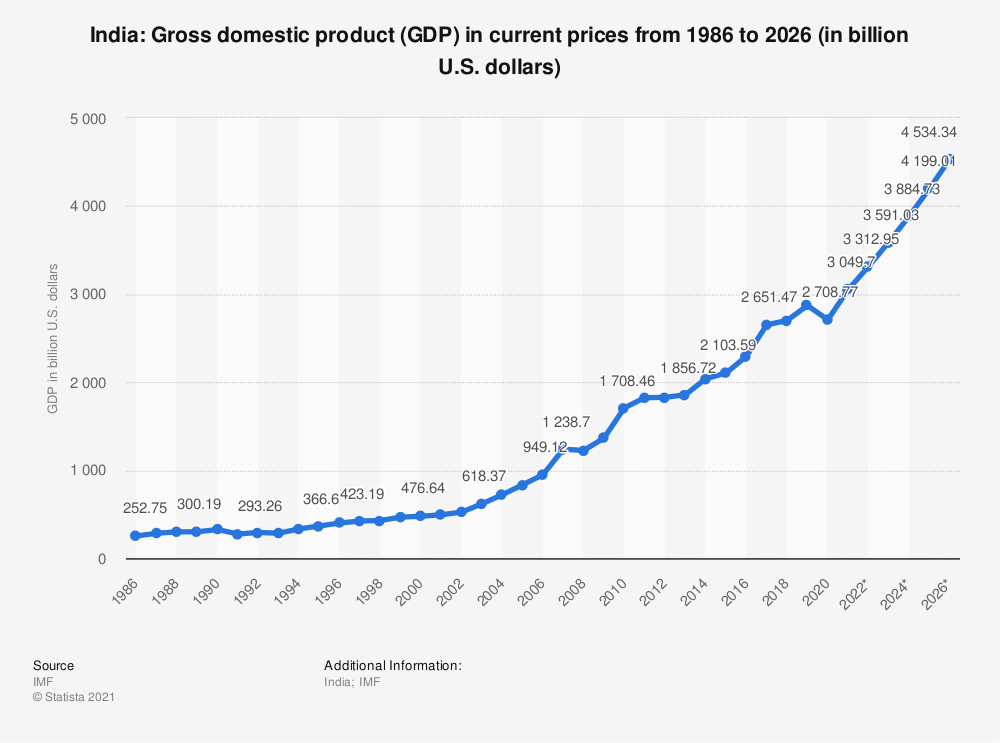BERLIN BOUND!
July 9, 2022 | Expert Insights

Since the 1980s, Germany has been Europe's largest economy even when it was a divided nation. Since then, its GDP has grown to an impressive 3.57 trillion Euros, making it by far the leader amongst its European allies.
It is not surprising that after the extended lockdowns and curtailment of foreign visits, Prime Minister Modi chose Germany as one of his first foreign destinations, along with France and Denmark. Incidentally, the choice came as no surprise as all these three countries are counted by India as its most reliable partners in Europe. India needed to make its stand on the Ukraine war clear to the fuming Europeans, who were shocked and terrified by the sudden change of events. With Chancellor Olaf Scholz fresh into his new assignment after the departure of the formidable Angela Merkel, it was a good opportunity for the Indian Prime Minister to renew his personal relationship with the new incumbent.
The scheduling of the G7 summit in German gave another opportunity to the Indian leader to further Indian relations with Germany. When Mr Modi visited Germany four times to meet the former Chancellor Angela Merkel, Scholz was the finance minister.
Background
PM Modi's visit to Germany surfaced at a critical juncture as in 2021, Germany and India marked 70 years of diplomatic relations. Regarded as the industrial hub of Europe, Germany is also India's largest trading partner in Europe and among the topmost ten trading partners in the world. In the year 2021-22, bilateral trade between the two countries stood at an impressive US$ 24.84 billion. More than 1,700 German companies are based in India, accommodating four lakh direct and indirect jobs. The long-established commercial ties between both nations are a pillar of strength in their strategic partnership.
India was among the first nations to initiate diplomatic ties with the Federal Republic of Germany after the Second World War. Germany and India have maintained a 'Strategic Partnership' since May 2000, which has been additionally strengthened with Inter-Governmental Consultations (IGC) in 2011. India hosted the fifth Intergovernmental Consultation (IGC) in 2019.

Analysis
Chancellor Scholz and Prime Minister Narendra Modi presided over the Business Round-Table, where they interacted with topmost Chief Executive Officers (CEOs) from the two countries. It was an opportunity for the Indian PM to make investments in India attractive on account of his government’s “far-reaching reforms". There were wide-ranging discussions on concerns from climate cooperation and research and development to buoyant supply chains. In the presence of the top leadership on both sides, the interactions were predicted to further amplify industry-to-industry cooperation and coordination and help the two economies to recover from the losses in the post-pandemic times.
The 6th India-Germany IGC was co-chaired by the two leaders and was attended by important ministers and officials from both countries. This biyearly ministerial forum bestows high-level coordination and political orientation to the partnership. Major themes such as a green and sustainable future, advancement and resilience, economy and trade and an open and peaceful Indo-Pacific region were on the agenda of the IGC, 2022. Nine accords were signed, of which the Joint Declaration of Intent on 'Green and Sustainable Partnership' was regarded as the most significant one.
Germany agreed to make a progressive commitment of 10 billion Euros to fund and aid India’s green initiatives conceived by private, public and Public-Private Partnership (PPP) models until 2030. This commitment will further help to strengthen India's passage to go green and adheres to its commitments made at Glasgow in 2021. Agreements on the establishment of a green hydrogen task force and cooperation on renewable energy were also signed by the two nations.
Of course, the shadow of the Russian invasion of Ukraine and its impact on Germany's dependence on Russian energy sources were ever-present during the talks. With media reports of India taking advantage of the situation to build up its strategic oil reserves from cheap Russian imports, along with China, stirring resentment in European capitals as rank opportunism, Mr Modi's visit was a timely foreign policy initiative to better manage European perception and explain the circumstances of Indian policies in Ukraine. Apparently, he succeeded to a great degree as so far, there has been no clear understanding amongst EU members to impose secondary sanctions on countries suspected to be trading with Russia and thus keeping alive its war-making potential.
Germany is known to be the biggest European power reliant on Russia for its energy requirements. There could have been no more an opportune time for it to pace up its green endeavours, not only in Europe but even outside it.
Agreements were also arrived at on the implementation of 'Triangular Development Cooperation Projects' in third world countries in Africa and Latin America. This would enhance India's soft power approach in these two resource-wealthy continents.
Assessment
- So far, Indo-German military ties have been at a low key as, due to its pacifist constitution, the export of military technology to combat zones/ potential fighting spots are not permitted. However, the Ukraine war has torn existing security paradigms asunder in Europe, with prosperous Germany resetting its defence policy. With its defence budget magnified almost overnight to 100 billion Euros, Germany is headed towards greater militarisation. With its world-class industry, Germany could soon be a global defence manufacturing and designing hub. With its well-established ties that go far back into history since World War II, India could well benefit from this development.
- Chancellor Scholz’s invitation to India to attend the G7 was a welcome gesture and indicative of the growing closeness of Indo-German ties, even with the change of leadership in Bonn. This put to rest any conjectures that India would be given a pass in the G7 summit due to its neutral stance in the Russian-Ukraine war. Diplomatically, this participation would have boosted India's standing at a time when India needed most to increase its trade with the G7 bloc's richest nations of the world.








Comments